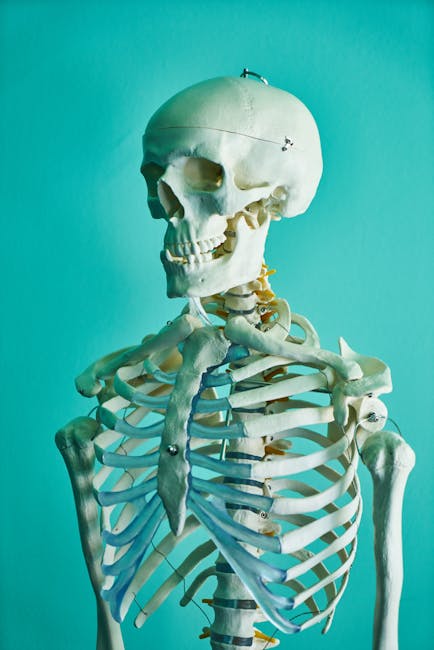What Happens During a Doctor’s Visit for a Head Injury? 🤕
Head injuries can be scary, and knowing what to expect when visiting a doctor can ease some of that anxiety. Whether you’re heading to the doctor for yourself or a loved one, understanding the process can be incredibly reassuring. Let’s walk through what typically happens during a doctor’s visit for a head injury.
Table of Contents
1. Introduction: Why Understanding the Process Matters
2. Initial Assessment: First Impressions Count
3. Medical History and Questions: The Detective Work Begins
4. Physical Examination: A Hands-On Approach
5. Diagnostic Tests: Getting to the Bottom of It
6. Treatment and Follow-Up: The Road to Recovery
7. Conclusion: Knowledge is Power
8. FAQ: Your Top Questions Answered
Introduction: Why Understanding the Process Matters
When dealing with a head injury, the last thing you want is uncertainty. Knowing what to expect can help you prepare mentally and emotionally. This guide will walk you through each step of a typical doctor’s visit, providing clarity and peace of mind.
Initial Assessment: First Impressions Count 👀
The first step during a doctor’s visit for a head injury is usually an initial assessment. This is where the doctor or nurse will gauge the severity of the injury. They might ask how the injury happened, evaluate your immediate symptoms, and check vital signs like blood pressure and heart rate. This step is crucial as it helps prioritize the urgency of care needed.
Medical History and Questions: The Detective Work Begins 🔍
Next, the doctor will delve into your medical history. They’ll ask questions about any previous head injuries, existing health conditions, medications you’re taking, and symptoms you’re experiencing. This information is vital to formulating an accurate diagnosis and understanding any potential complications.
Physical Examination: A Hands-On Approach 👐
During the physical examination, the doctor will perform a series of tests to assess neurological function. They may check your reflexes, coordination, eye movements, and balance. These tests help identify any immediate concerns that might require urgent attention.
Diagnostic Tests: Getting to the Bottom of It 📋
If the initial assessment and physical examination suggest further investigation, the doctor might order diagnostic tests. Common tests for head injuries include CT scans or MRIs. These imaging tests provide a detailed look at the brain and can help identify issues like bleeding or swelling.
Treatment and Follow-Up: The Road to Recovery 🛣️
Once a diagnosis is made, the doctor will discuss treatment options. This might include rest, medication for symptoms like headaches or nausea, or in more severe cases, surgery. They will also outline a follow-up plan to monitor recovery and address any ongoing concerns.
Conclusion: Knowledge is Power 💡
Understanding what happens during a doctor’s visit for a head injury can transform a daunting experience into a manageable one. Remember, the doctor’s goal is to ensure your safety and recovery. By knowing what to expect, you can approach your visit with confidence and clarity.
FAQ: Your Top Questions Answered ❓
Q1: How long will a typical doctor’s visit for a head injury take?
A: It varies depending on the severity of the injury and the tests required, but you can expect the visit to last anywhere from 30 minutes to a few hours.
Q2: What should I bring to my appointment?
A: Bring your ID, insurance card, a list of current medications, and any relevant medical history. If possible, have someone accompany you to help with questions and remember instructions.
Q3: Can I drive myself to the appointment?
A: It’s advisable to avoid driving if you’ve had a head injury. Arrange for someone else to take you to and from your appointment for safety reasons.
Q4: What are the signs that I need to seek immediate medical attention?
A: Seek immediate help if you experience severe headaches, confusion, vomiting, seizures, or loss of consciousness after a head injury.
Q5: Are follow-up appointments necessary?
A: Yes, follow-up appointments are essential to ensure your recovery is on track and to address any lingering symptoms or concerns.
By understanding these aspects of a doctor’s visit for a head injury, you can better prepare yourself for the process and focus on what truly matters—your health and recovery.

